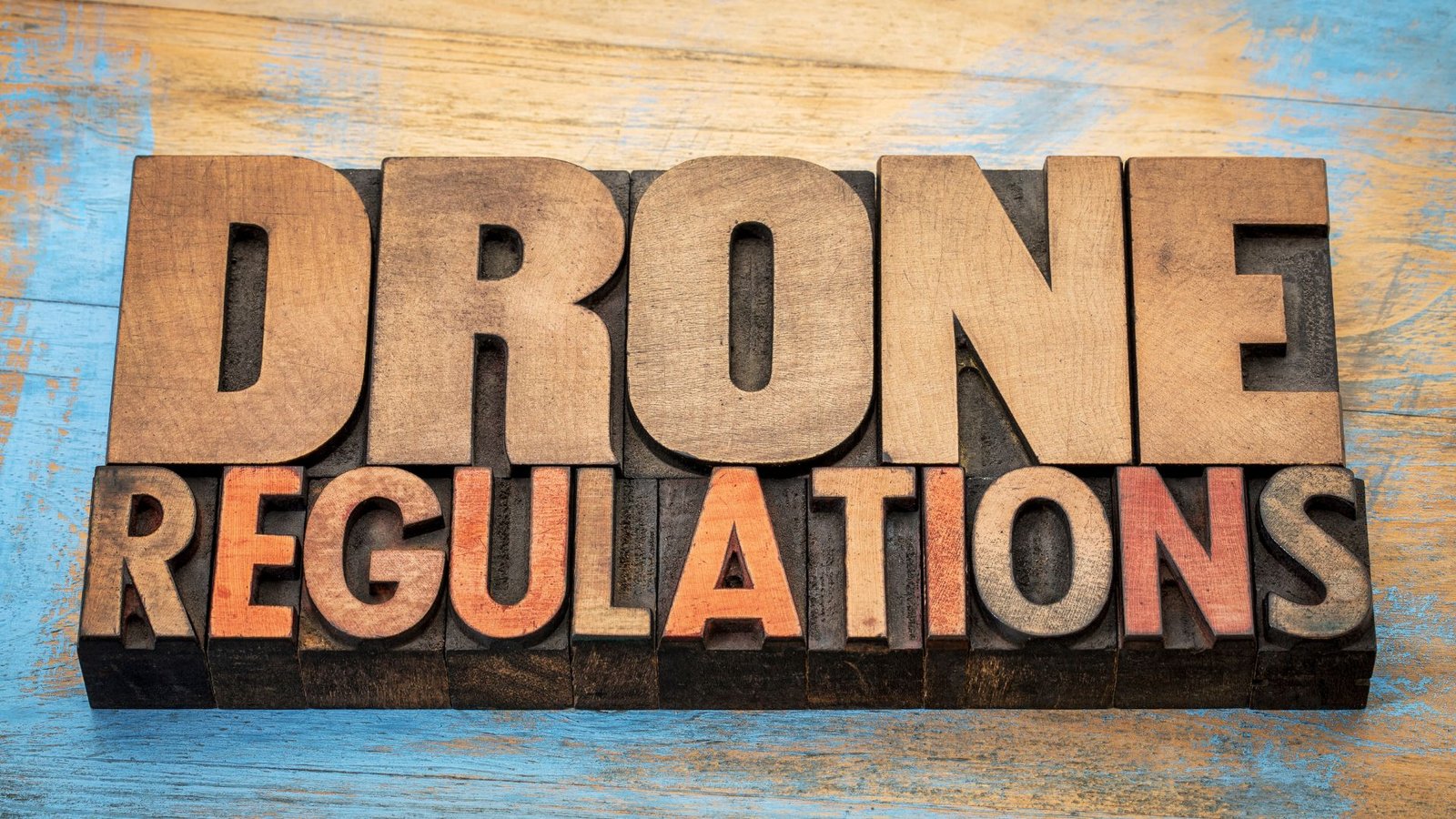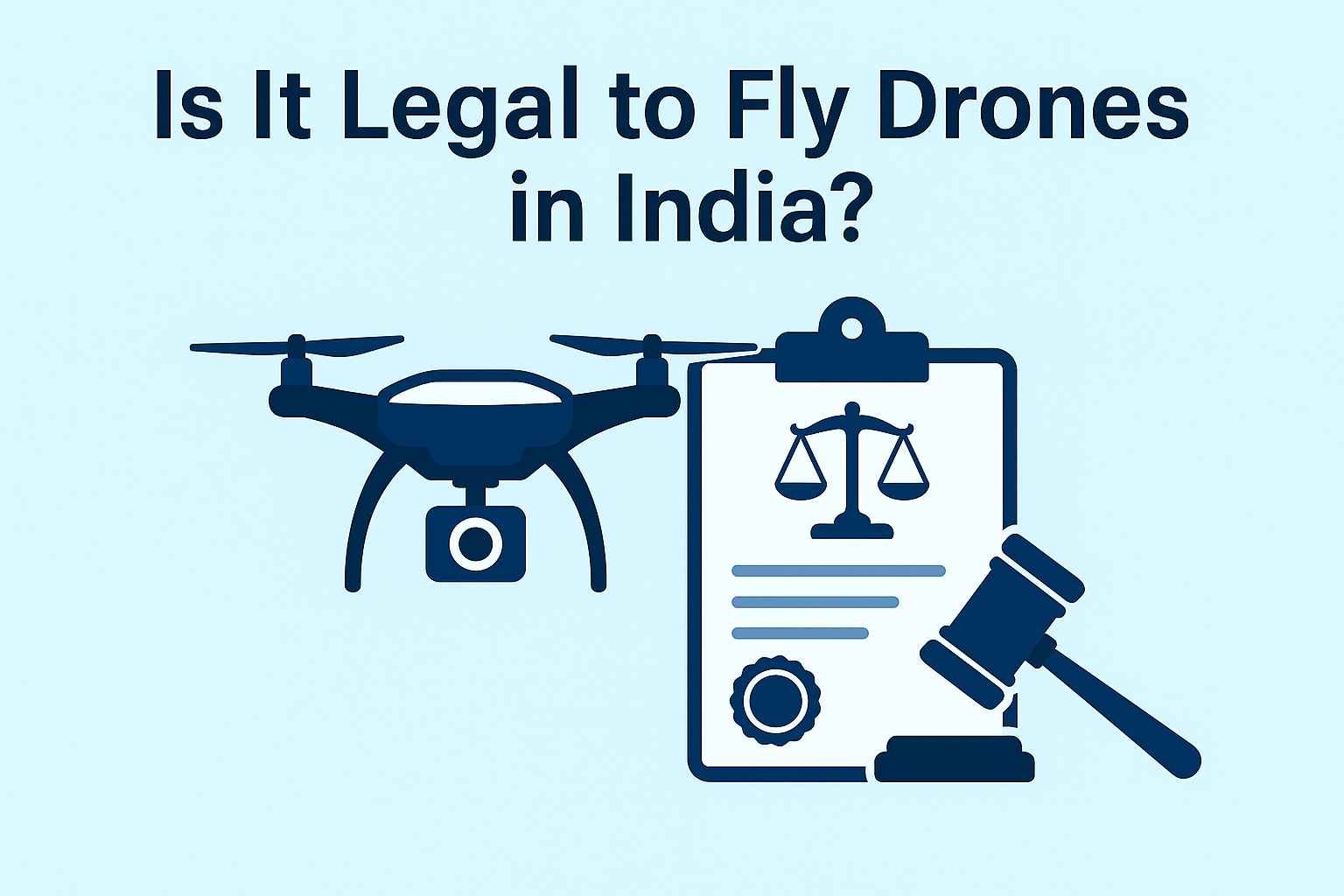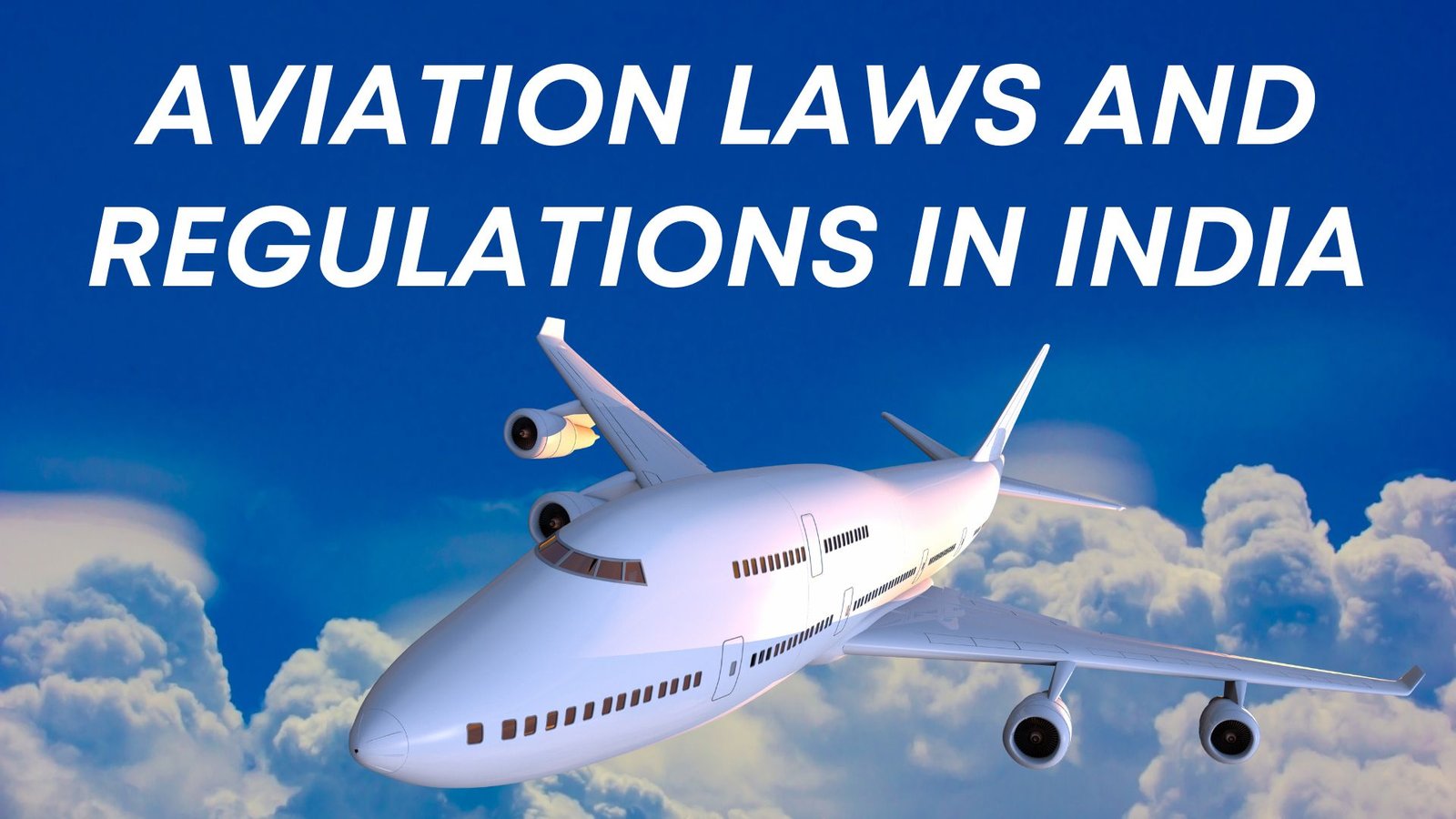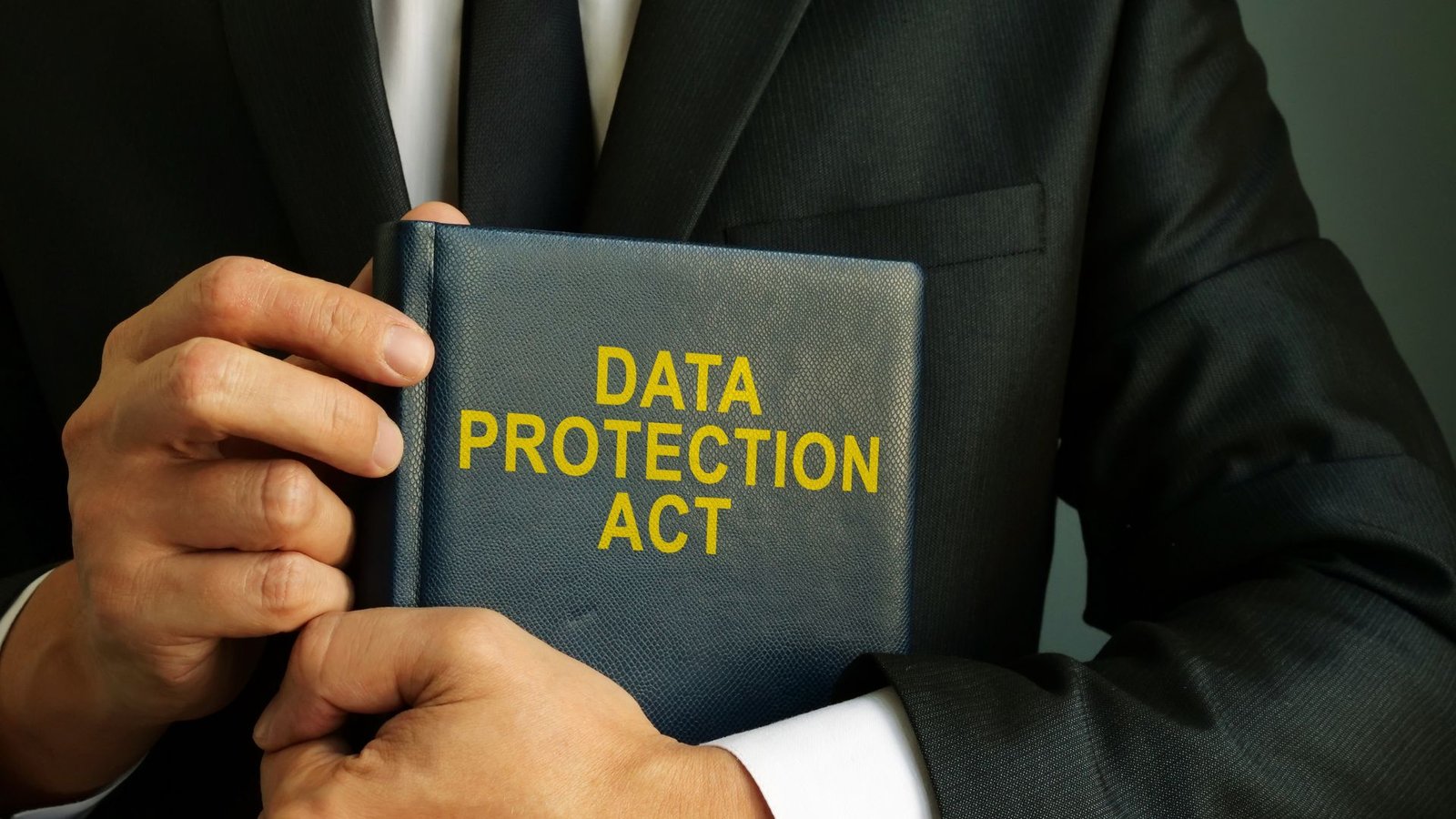On this page you will read detailed information about Drone Regulations in India.
As an avid drone enthusiast in India, it’s critical you understand the regulations around flying drones. The laws govern everything from registering your drone to where and how high you can fly. Failure to comply with the regulations could result in legal trouble and even time in jail. Before taking your drone out for its maiden voyage, spend time learning the rules of the sky to ensure you have a safe and legal flight. The Directorate General of Civil Aviation (DGCA) oversees drone regulations in India. They’ve put policies in place to promote the safe and responsible use of drones for commercial and recreational purposes. With drones becoming more popular and advanced, regulations aim to balance encouraging the drone industry with maintaining public safety. Take the time to study the guidelines carefully—your drone depends on it.
An Introduction to Drone Laws in India
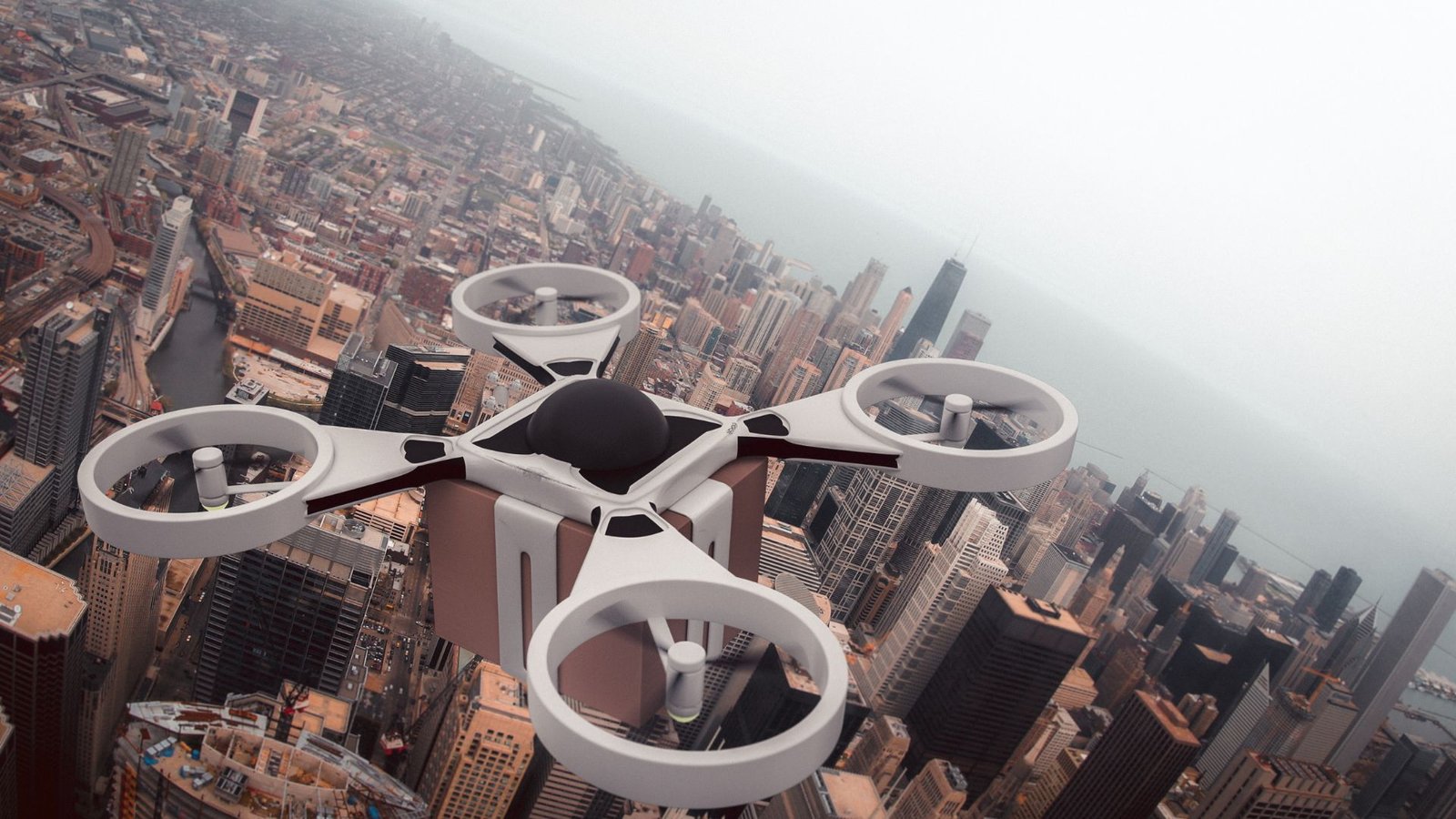
India introduced its first drone regulations in December 2018 to regulate drone operations in the country. The regulations, called the ‘Drone Rules, 2021’, aim to enable safe and commercial usage of drones across India.
Drone Registration
Anyone operating a drone in India is required to register their drone with the Directorate General of Civil Aviation (DGCA). Both drones and pilots need to be registered and issued an identification number. The drone registration process can be completed on the DGCA’s Digital Sky Platform. Certain categories of drones, like those used for research purposes, are exempt from registration. ##Pilot Requirements In order to operate a drone in India, you must obtain a Remote Pilot Certificate (RPC) from the DGCA. To be eligible for an RPC, you must be over 18 years of age, have passed the 10th grade, and complete all required drone pilot training and testing. The specific training and testing requirements depend on the drone category and intended operations. In general, operating larger drones or drones for commercial purposes have more stringent requirements.
Drone Categories and Permitted Operations
India’s drone rules establish several categories of drones based on their maximum take-off weight – Nano (less than or equal to 250 grams), Micro (greater than 250 grams and less than or equal to 2kg), Small (greater than 2 kg and less than or equal to 25 kg), Medium (greater than 25 kg and less than or equal to 150 kg) and Large (greater than 150 kg). The rules also designate airspace as green, yellow and red zones. Operations of drones are permitted in the green and yellow zones, subject to various conditions. Operations in red zone airspace are prohibited.
Penalties for Violations
Violating India’s drone rules can result in penalties including fines and imprisonment. The specific penalties depend on the nature of the offense, such as operating an unregistered drone, flying in unauthorized airspace, or endangering the safety of people or aircraft. It is critical that anyone operating a drone in India has a thorough understanding of the drone rules to avoid facing legal consequences.
Drone Registration and Operator Permits Explained
To operate a drone legally in India, you must register your drone and obtain the proper permits. Here’s what you need to know:
Drone Registration
All drones weighing more than 250 grams must be registered before they can be flown in India. You will need to provide details about your drone model, serial number, and other specifications. The registration process can be completed on the Digital Sky Platform. Registration certificates are valid for five years and must be renewed to continue operating your drone.
Remote Pilot License
To fly a drone commercially in India, you must obtain a Remote Pilot License (RPL) from the Directorate General of Civil Aviation (DGCA). The RPL exam tests your knowledge of drone regulations, safety standards, navigation, and more. You must be at least 18 years old, have a medical certificate, and complete at least 10 hours of flight time with a licensed drone pilot to qualify for the RPL exam.
Operating Permits
In addition to registering your drone and obtaining an RPL, you will need to apply for operating permits for each area you plan to fly. The permits specify approved flight zones, maximum altitudes, time periods, and other restrictions. The three types of operating permits are:
- Yellow Zone (Y permit): Permits flight up to 60 meters high in uncontrolled airspace and restricted areas.
- Green Zone (G permit): Permits flight up to 120 meters high. Most city skies are designated as Green Zones.
- Red Zone (R permit): Permits flight of up to 200 meters high in controlled airspace. Advanced safety procedures required.
Operating permits must be obtained for each flight at least seven days in advance. The permit application requires details about your planned flight path, altitude, time period, purpose, and drone specifications. Permits are approved by the relevant authorities that control the airspace.
Following India’s drone regulations by properly registering your drone, obtaining the necessary permits and licenses, and flying safely and responsibly is critical. Failure to do so can result in legal penalties including fines and even jail time. By understanding the rules, you can enjoy flying your drone while helping to maintain airspace safety.
Where You Can and Can’t Fly Drones in India
To operate drones legally in India, you must understand where you can and cannot fly them. There are restrictions on airspace to be aware of for the safety of aircraft and people on the ground.
No-Fly Zones
Certain areas of Indian airspace are prohibited for any drone flights. This includes areas within 5 km of airports, within 3 km of international borders, and within 25 km of international airports. Flying in these no-fly zones can result in legal prosecution. It is critical to check an official map of prohibited airspace before operating your drone.
In the previous post, we had shared information about Understanding The Digital Personal Data Protection Act 2023, so read that post also.
Restricted Areas
Some locations have additional restrictions or require special permits to fly. This includes areas within 50 km of international borders, sensitive military installations, and areas with important government infrastructure like nuclear power plants. Flying in these areas may require obtaining permission from local authorities like the police or military in advance. Failure to do so can lead to legal consequences.
Permits Required
In some public areas like national parks, wildlife sanctuaries and archaeological sites, permits are needed to operate drones. The requirements vary in each location, so you must check with the authorities that govern that space. Permits usually involve a small fee and may have additional restrictions on flying times, altitudes and proximity to people or wildlife.
General Guidelines
When flying in unrestricted airspace in India, follow these best practices:
- Do not fly higher than 400 feet (120 m) altitude.
- Maintain a distance of at least 50 feet (15 m) from people and buildings.
- Do not fly near emergency response efforts like fires.
- Do not fly under the influence of drugs or alcohol.
- Keep your drone in sight at all times. Do not fly beyond visual line of sight.
- Avoid flying over private property without the owner’s permission.
By learning and following India’s drone regulations carefully, you can enjoy flying safely and legally across many beautiful areas of the country. But when in doubt about any location, it is always best to check with local authorities before taking off. Better safe than sorry.
Drone Regulations for Recreational vs Commercial Use
Drone regulations in India distinguish between recreational and commercial drone use. As a drone operator, it’s important to understand the differences to avoid legal trouble.
Recreational Drone Regulations
If you fly a drone as a hobby, you must follow some basic rules:
- Register your drone with the Digital Sky platform and obtain a Unique Identification Number (UIN) for your drone.
- Fly below 400 feet and within visual line of sight. Do not fly near aircraft, especially near airports and helipads.
- Respect people’s privacy and do not fly over private property or crowded areas without permission.
- Follow additional airspace restrictions in sensitive locations like near international borders or military/defense installations. Some areas may be designated as “no drone zones”.
- You do not need an unmanned aircraft operator permit (UAOP) for recreational use, but you must follow all regulations carefully. Penalties apply for violations.
Commercial Drone Regulations
Using drones for business or commercial purposes like photography, delivery, or infrastructure inspection requires additional approvals and licensing in India:
- Obtain a UAOP from the Directorate General of Civil Aviation (DGCA). This involves submitting an application with details about your drone operations and passing an exam on regulations.
- Register each commercial drone and obtain a UIN. The drone must also have a fire-resistant ID plate.
- Follow stricter regulations on maximum altitude (200 feet), flight paths, and payload restrictions. Nighttime flying requires special approval.
- Maintain insurance to cover any liability from your drone operations. The DGCA specifies minimum coverage amounts.
- Keep detailed records of each commercial drone flight including the UIN, flight path, duration, and purpose. Records must be made available to authorities upon request.
- Follow additional restrictions for special commercial purposes like delivery, infrastructure inspection or agricultural spraying. Separate certifications and permits may apply.
Understanding and following the regulations that apply to your specific drone usage in India is key to operating legally and safely. Penalties for violations of commercial drone regulations can be significant, so check with the latest guidelines before flying.
FAQ About Drone Laws and Regulations in India
As drones become more popular in India, it’s important to understand the laws and regulations around operating an unmanned aerial vehicle (UAV). Before flying your drone, be sure to review the guidelines set by the Directorate General of Civil Aviation (DGCA) to avoid facing legal penalties.
Yes, you will need to obtain the proper permits from the DGCA before operating a drone in India. The specific requirements depend on the purpose and location of your flight. Recreational flying of drones that weigh less than 2 kilograms does not require a permit, however, you must follow all rules set by the DGCA. For commercial use or flying in restricted airspace, you will need to apply for the appropriate permits from the DGCA. The process typically takes 7 to 15 days.
The location of your flight will determine if you need additional permits. You are allowed to fly drones in uncontrolled airspace, away from airports and military bases. Flying within 5 kilometers of an airport or military base is prohibited. You will also need special permission to fly in national parks or wildlife sanctuaries. It’s best to check an official airspace map to determine if your location requires any special permits.
To ensure safe and responsible flying, you must follow several guidelines:
•Do not fly higher than 400 feet (120 meters) altitude.
•Keep your drone within your visual line of sight at all times.
•Do not fly near aircraft, especially near airports or helipads.
•Do not fly over large crowds or public events.
•Do not fly under the influence of alcohol or drugs.
•Ensure your drone is properly maintained and batteries are fully charged before flying.
•Be cautious of privacy laws regarding filming individuals or property.
Following these rules and obtaining the proper permits will help ensure you have an enjoyable and lawful experience flying your drone in India. Check with the DGCA for the latest updates to drone regulations before flying.
Conclusion
After reading this article, you should now have a solid understanding of the drone regulations in India and what you need to do to operate legally and safely. While the rules may seem complex, following them carefully will help ensure compliance and allow you to reap the benefits of drone technology. As with any new industry, regulations will likely continue to evolve to match the pace of innovation. However, by staying up to date with the latest guidelines from the DGCA and any updates to drone laws in India, you can feel confident launching, flying, and landing your drone in permitted areas according to the proper procedures. With this knowledge in hand, you are ready to pursue your goals for drone operation in India in a responsible and regulated manner.
Disclaimer
The information and services on this website are not intended to and shall not be used as legal advice. You should consult a Legal Professional for any legal or solicited advice. While we have good faith and our own independent research to every information listed on the website and do our best to ensure that the data provided is accurate. However, we do not guarantee the information provided is accurate and make no representation or warranty of any kind, express or implied, regarding the accuracy, adequacy, validity, reliability, availability, or completeness of any information on the Site. UNDER NO CIRCUMSTANCES SHALL WE HAVE ANY LIABILITY TO YOU FOR ANY LOSS OR DAMAGE OF ANY KIND INCURRED AS A RESULT OR RELIANCE ON ANY INFORMATION PROVIDED ON THE SITE. YOUR USE OF THE SITE AND YOUR RELIANCE ON ANY INFORMATION ON THE SITE IS SOLELY AT YOUR OWN RISK. Comments on this website are the sole responsibility of their writers so the accuracy, completeness, veracity, honesty, factuality and politeness of comments are not guaranteed.
So friends, today we talked about Drone Regulations in India, hope you liked our post.
If you liked the information about Drone Regulations in India, then definitely share this article with your friends.
Knowing about laws can make you feel super smart ! If you find value in the content you may consider joining our not for profit Legal Community ! You can ask unlimited questions on WhatsApp and get answers. You can DM or send your name & number to 8208309918 on WhatsApp

